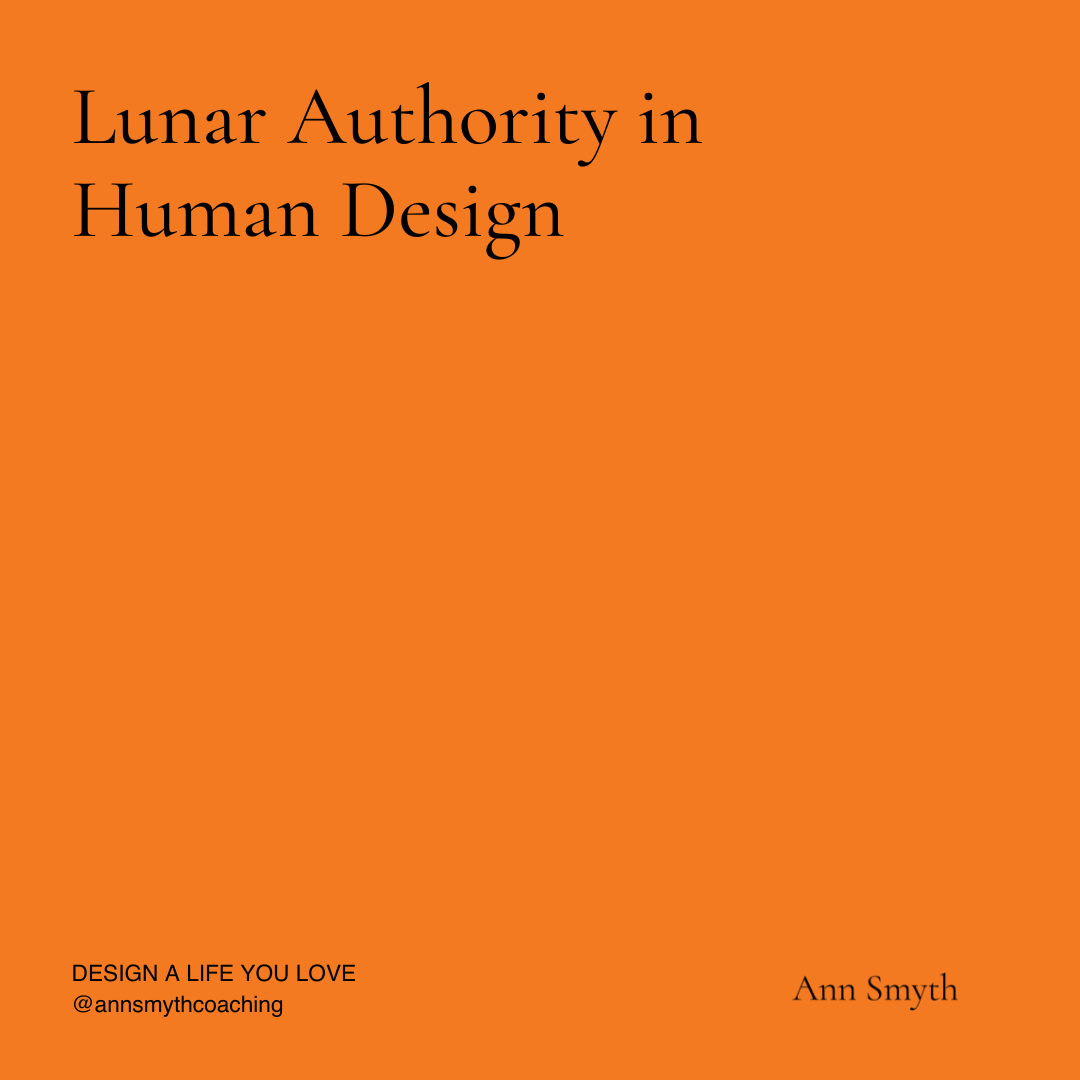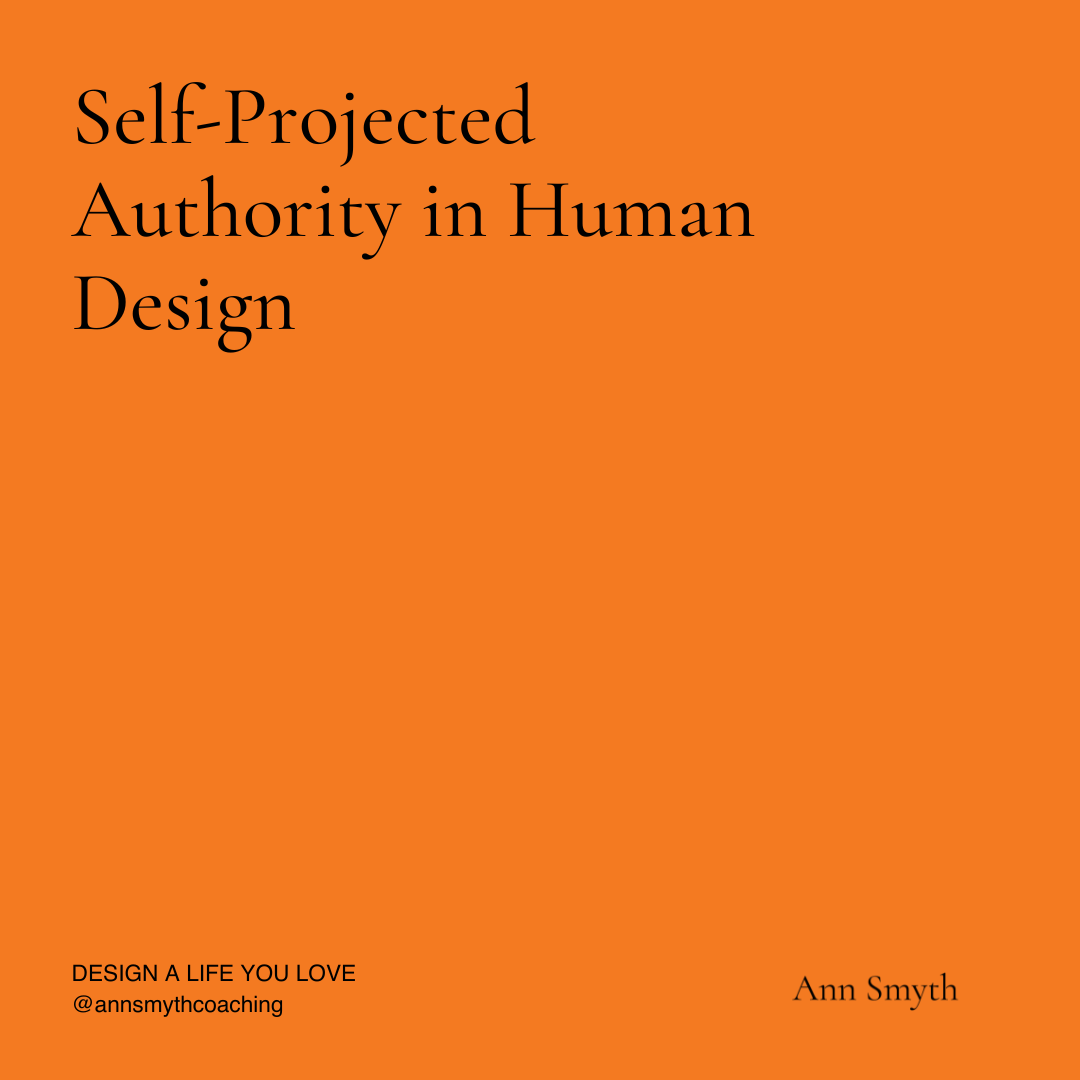6 Scripts to Use When You’re Struggling to Make a Decision: Neuroscience-Based Tools for Clarity and Calm
“The straight line, a respectable optical illusion which ruins many a man.”
Struggling to make a decision can be one of the most frustrating and exhausting experiences. You replay the options over and over, imagine different outcomes, ask for advice, hesitate, and then loop back into self-doubt. Whether it's a career move, a financial commitment, or something deeply personal, decision fatigue can leave you feeling stuck and disconnected from your inner compass.
This experience isn't just mental; it's physiological. Neuroscience shows that chronic indecision is often the result of nervous system dysregulation—where your brain interprets uncertainty as a threat and shifts into freeze or fawn mode. The prefrontal cortex, which is responsible for clear thinking and problem-solving, goes offline while survival circuits take over.
This is where scripting can help. Writing or speaking simple, supportive scripts gives your nervous system a sense of structure and safety. These phrases act as internal anchors, soothing the emotional charge and reconnecting you with clarity. They don’t decide for you, but they create the inner conditions in which a decision can emerge.
In this post, you’ll find six neuroscience-backed scripts to use when you’re stuck in indecision, plus reflective journal prompts and recommended reading to support you in moving forward with more calm, confidence, and self-trust.
Why Scripting Helps With Decision-Making
When you're caught in indecision, your brain is often trying to predict every possible outcome while avoiding failure, discomfort, or disapproval. This can lead to mental gridlock—especially if your nervous system interprets the uncertainty as a threat. In this state, your body may be calm on the outside but internally cycling through stress, fear, or freeze responses.
Scripting gives your mind something solid to hold onto. A well-crafted phrase can anchor your awareness, soothe emotional overwhelm, and remind your nervous system that you're not in danger—you’re simply in the discomfort of growth. These scripts are not about bypassing thought; they’re about grounding the body so that your thoughts become clearer.
From a neuroscience perspective, scripting:
Interrupts cognitive overload by offering a single point of focus when the brain is overstimulated
Reduces the fear of getting it wrong by reframing decision-making as a process, not a test
Re-engages the prefrontal cortex, responsible for executive function and rational choice, by regulating your stress response
Strengthens neural pathways for self-trust, reminding you that even if you can’t see the whole path, you can take the next step with confidence
These internal scripts work much like external communication: they offer clarity, intention, and the psychological safety needed to move forward.
When to Use These Scripts
These scripts are especially useful when you're emotionally overwhelmed or mentally spinning. But they can also support clarity in quieter, more reflective moments when a decision simply hasn’t yet formed.
Use them when:
You’re toggling endlessly between two or more options and feel no closer to resolution
You’re delaying a choice out of fear that it might be “wrong” or disappoint someone
You feel emotionally flat or numb, unsure of what you even want
You're stuck in perfectionism, believing there's only one right path
You're over-relying on other people’s opinions and disconnected from your voice
You’ve done all the thinking but still can’t seem to move into action
These scripts don’t force a decision—they create the emotional and cognitive conditions that allow one to emerge naturally.
6 Scripts to Use When You’re Struggling to Make a Decision
1. “I don’t need to decide everything today. One step is enough.”
Why it works: This eases pressure by shifting the focus from a final answer to a manageable next step. It helps the brain move from all-or-nothing thinking to momentum.
Try this: Write down the smallest question you can answer today—and let that be enough.
2. “This decision doesn’t define me. I can course-correct.”
Why it works: Fear of permanent failure often underpins decision paralysis. This script reminds your nervous system that you’re adaptable and that growth includes redirection.
Reflection prompt: When have I made a decision that didn’t go as planned, but ultimately led me to something valuable?
3. “Both options can be valid. I don’t need the perfect one.”
Why it works: This calms perfectionism and binary thinking, encouraging the brain to tolerate ambiguity and complexity.
Micro-action: List three things you appreciate about each option, even if you’re leaning one way.
4. “If clarity isn’t here yet, I trust that it's still forming.”
Why it works: Urgency can make us reach for premature answers. This script affirms that space and stillness are also part of the decision-making process.
Practice: Try a 10-minute walk or moment of quiet where you allow clarity to arise without forcing it.
5. “My fear means I care. That doesn’t mean I’m wrong.”
Why it works: Fear is often mislabelled as a red flag when it’s actually a sign of meaningful engagement. This script encourages discernment without collapse.
Journaling cue: What part of this decision matters deeply to me?
6. “I can trust my ability to handle whatever comes next.”
Why it works: This brings the focus away from control and onto self-resilience. It strengthens self-trust and reminds the nervous system that uncertainty isn’t unsafe.
Use this when: You’ve gathered your options, reflected intentionally, and are ready to act from grounded courage.
Journal Prompts and Reflections
These prompts are designed to shift you out of mental spiralling and into meaningful self-inquiry:
What do I believe will happen if I make the “wrong” decision? Where did that belief originate?
What do I need to feel safe enough to choose?
What would I do if I knew I couldn’t fail?
What would I choose if no one else’s opinion mattered?
What would future me thank me for choosing today?
Suggested Books for Further Reading
Conclusion
We often treat decision-making as something purely cognitive—a matter of logic, research, or reasoning. But most decisions are also deeply emotional and influenced by our past experiences, nervous system states, and fears of getting it wrong.
That’s why clarity isn’t just a thinking process—it’s a regulation process.
These six scripts aren’t designed to give you the answer. Instead, they create a bridge between your internal uncertainty and your capacity to choose with calm, curiosity, and self-trust. They help you pause the noise long enough to hear your own inner voice again.
With compassion, small steps, and nervous system support, you can begin to make choices that honour who you are and what truly matters to you.
Support for the life you are designing
If you’d like personalised support in building confidence, clarity, and nervous system trust, explore my coaching packages designed to help you reconnect with your inner knowing:
👉 Explore Coaching Packages
More to Explore
This post may contain affiliate links.




